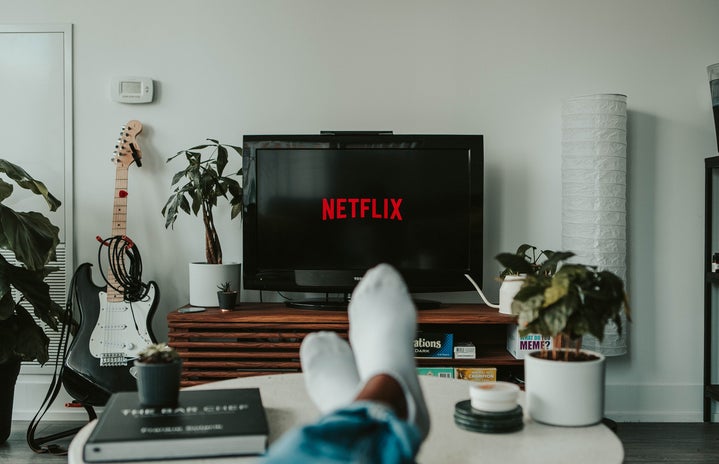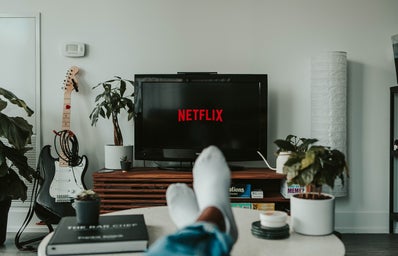Content Warning: The following article contains a discussion about sexual assault/trauma, rape, and school shootings
Over the past weekend, I sat down to watch the movie adaptation of Luckiest Girl Alive by Jessica Knoll. It’s a true story based on the author’s life and the title is purely sarcastic. The movie starts out slowly with Ani narrating her life as a writer for a woman’s magazine and her engagement to the wealthy, classy and handsome Luke Harrison. However, the toxic attachment to preserving “the perfect image” of herself and increasing conflicts with Luke hint at the pain she’s buried. As the movie progresses we learn about Ani being in a school shooting and being gang raped while in high school, and whether she should come forward with her story. The movie is rated R for good reason, the scenes depicting the past trauma of the main character were graphic and disturbing. Although this was done intentionally to understand why current-day Ani experiences flashbacks, it was difficult to watch. The graphic depiction of the school shooting was completely unnecessary for reasons I will discuss further in the article. Ultimately, I wish Netflix had included a warning before the movie started as it could be very triggering for viewers.
After finishing the movie my initial thought was that the book/movie should not have included the school shooting in Ani’s story. Although it was clear how these events were intertwined with each other, I felt the central topic of the story was Ani’s gang rape and I think it’s disrespectful to not devote full attention to both matters (if they are both discussed). Upon further research into the author’s story, I learned she had included the school shooting as part of Ani’s trauma because she felt that “what happened to Ani wasn’t bad enough, because that’s what happened to [her]. [She] thought [she] had to make it worse.”
That really stuck with me. Jessica Knoll’s personal experience made the story real and allows the conversation surrounding sexual assault to continue at a deeper level, but this may also be why the school shooting felt “thrown in there” as awful as that sounds.
Ani’s relationship with her mother was also significant in her choice of not reporting her rapists. I wish the movie would’ve explored their relationship further and how it influenced Ani. Parental relationships are complex and nuanced.
Despite the heaviness of this entire movie, the overarching theme of authenticity and honesty added to the movie in a positive way. I thought it was impactful to see how more people came forward with their stories once Ani did and how her personal life improved as well. Coming forward in the New York Times may have helped Ani’s character, but what matters most is that she found herself again, which ultimately gave her peace.
Is it worth the watch? I would say no, but I’d suggest watching the trailer, reading a review and deciding for yourself!
If you or anyone you know have experienced sexual assault or domestic violence, I’ve included some resources below.
National Sexual Assault Hotline: 1-800-656-4673
National Domestic Violence Hotline: 800-799-7233
UW students/staff: https://www.washington.edu/sexualassault/; http://sarva.asuw.org/

